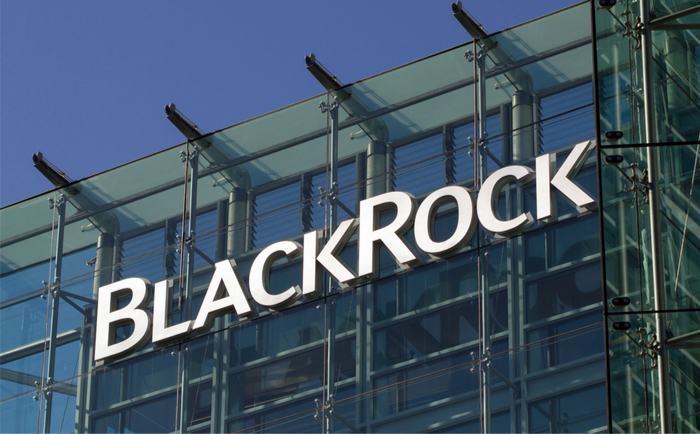The war in Ukraine has ended globalisation as we know it and will bring about significant change to business, according to the CEO of BlackRock, the world’s largest fund manager. But it shouldn’t change everything.
Larry Fink, in his annual letter to shareholders, offers an insight into how he sees the future following Russia’s invasion of Ukraine and the economic response rallied by western countries. It’s not pretty. But in some ways, the man whose organisation has $10.1trn in assets under management, remains optimistic.
The headline observation is that international business as it stands has been shattered because, Fink says, “the Russian invasion of Ukraine has put an end to the globalisation we have experienced over the last three decades.”
He adds ominously: “The impact will reverberate for decades to come in ways we can’t yet predict.”
Russia, he observes, has been cut off from financial markets as sanctions hit but investors, including BlackRock, have taken action to clear their books of Russian assets. But there is a nod in Fink’s commentary to the lasting effect of the stakeholder governance debate.
“Over the past few weeks, I’ve spoken to countless stakeholders, including our clients and employees, who are all looking to understand what could be done to prevent capital from being deployed to Russia.” He goes on: “This ‘economic war’ shows what we can achieve when companies, supported by their stakeholders, come together in the face of violence and aggression.”
Strategic challenges
Boards and company leaders may be concerned about more practical matters, and Fink has a warning about the strategic challenges that lay ahead.
Firstly supply chains. Companies, Fink says, will be looking at their dependencies on suppliers and in other jurisdictions, which may lead to “anchoring” or “nearshoring” of operations. Some countries will feel the effects as they lose business.
But adjusting supply chains will have repercussions. “This decoupling,” Fink writes,”will inevitably create challenges for companies, including higher costs and margin pressures.
“While companies’ and consumers’ balance sheets are strong today, giving them more of a cushion to weather these difficulties, a large-scale reorientation of supply chains will inherently be inflationary.”
So what among the many issue will money managers examine when it comes to assessing investments? Fink offers a hint of that too: resilience. Of course, the pandemic made resilience a lead agenda item for boards, but the war will intensify the focus. Resilience is, according to Fink, about more than withstanding a “sudden shock”.
“It also means understanding and addressing structural changes including what deglobalisation, inflation and the energy transition mean for companies, valuations and our clients’ portfolios,” he says.
Energy is one area where the BlackRock CEO retains some optimism. Yes, Fink says, weaning the west off Russian oil and gas may mean a short-term hunt for new sources of fossil fuels and, grimly, that will slow progress towards net zero. But: “Longer term, I believe that recent events will actually accelerate the shift toward greener sources of energy in many parts of the world.”
Without doubt many boards will have already begun the process of examining the impact of the war on their strategies. Many, however, will become caught in short-term measures. Fink’s letter reminds companies that there is a long-term game to play, and investors like BlackRock are keen to see how the players adapt.




